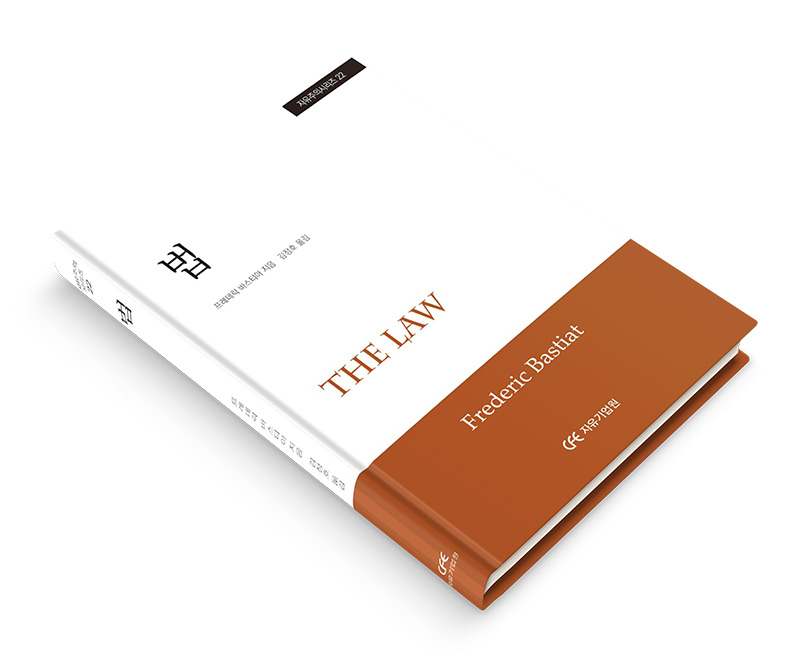About Our Publications
- About Our Publications
- About Our Publications Published Books
Property And Freedom
Center for Free Enterprise (CFE) recently released a renewed version for Korean translation of “Property and Freedom” by Richard Pipes. A world-renowned historian, Richard Pipes served as a Baird Research professor at Harvard University. He also held the post of Director of East European and Soviet Affairs under President Reagan. “Property of Freedom”, ever since its publication has been acknowledged as a masterpiece explaining the relationship between the ownership of property and freedom. It is truly a blessing for Korean readers to enjoy a newly designed and edited version of the book in the face of an era people are readily abiding to government regulation and control.
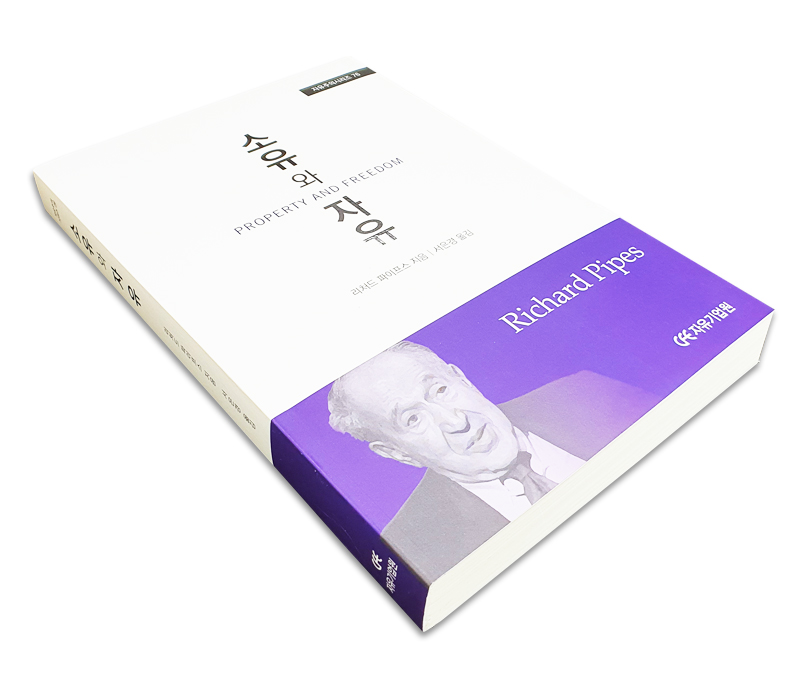
“Property and Freedom” argues that ownership can exist without freedom, but the freedom cannot exist without ownership. The book carefully traces back through the steps of human history to examine the relationship between ownership and politics. Good example is the UK in which the idea of private property is well-established and thus flourished. On the other hand, Russia where freedom is less developed had to be governed by autocrats for long. It is no wonder Richard Pipes could make an emphasis on the feat of ownership as a renounced scholar in Russian history.
The book is consisted of 5 chapters in total. The first two unfolds the very concept and history of ownership and policies around it. The 3rd and 4th chapter are a contrast of case studies of Russia and the UK to analyze the relationship between property and politics. In conclusion, Pipes warns us of coming threat to harm the freedom of society that welfare states of 20th century may bring upon.
The readers will be able to realize the influence and impact that the existence of ownership had on the progress of freedom and democracy. Through such chain of thoughts uncovering the value of freedom we should hold dear to, the book provides us with precious warning to ward off governmental regulation and its hypocrisy.
It is no surprise that freedom and property are interconnected. Many books highlighting the subject of freedom has focused on political lighting, not an economic foundation and roots of it. Not to mention how neglected are the areas of cultural and political influences of property in the context of economic history. In resolution of such thirst and question, “Property and Freedom” successfully closes the gap between the two disparities and teaches us how property managed to bring out freedom and vice versa.
The Road to Serfdom
Hayek referred to the planned economy of socialism as the "path of slavery." The book details people's attempts to compensate for their frustration with material needs through state power: the socialist planned economy enters the path of slavery on its own. For anyone who wants to think about individual liberty and government authority, it is considered a must-read classic.
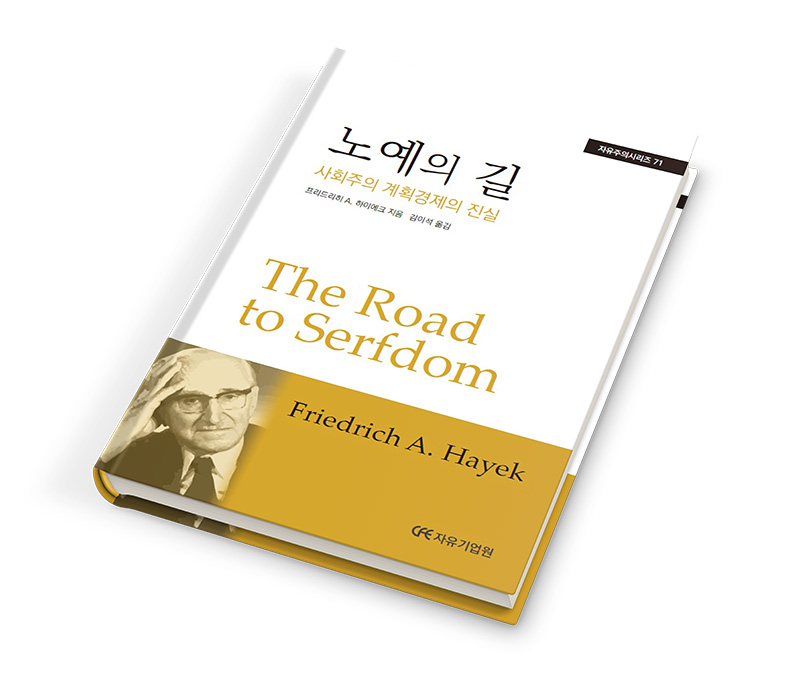
Law, Legislation and Liberty
『Law, Legislation and Liberty』 is a book that redefines classical liberalism to fit today's problems and outlines the basic principles of a free society. A key theme of the book is that the only way for mankind to coexist while enjoying prosperity peacefully is liberalism, which features freedom, spontaneous order, rule of law and limited democracy. What Hayek wanted to show in his book is that society is a 'complex and self-sustaining order' without state planning and regulation.
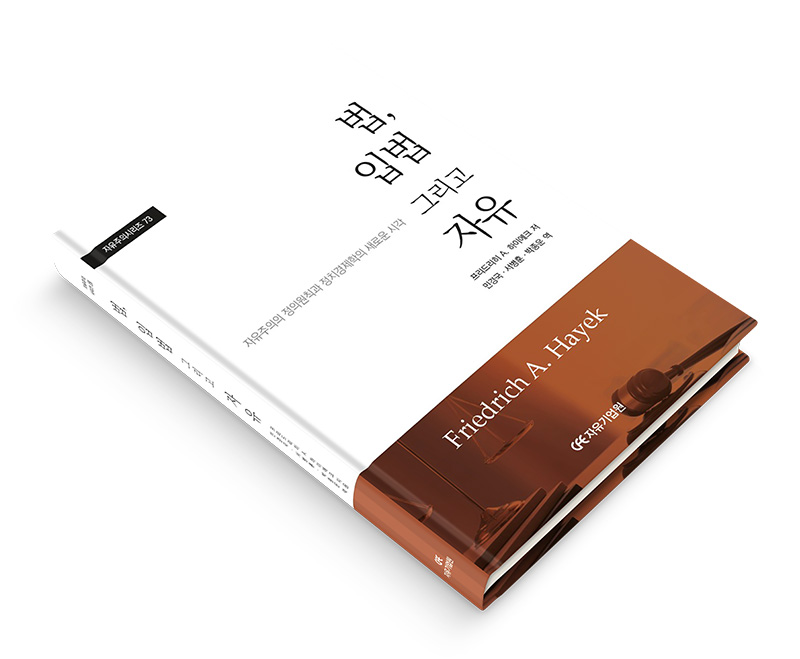
The XYZ's of socialism
『The XYZ's of socialism』 is a book that shows exactly what socialism is about. A total of 26 writings in the book show the back of socialism's ostensible appeal so that it can understand the fundamental motives and practical consequences of socialism. For no political, economic or social organization system should be judged simply by what its advocates say. It is a translation of the XYZ's of socialism by Lawrence W. Reed, president of FEE.
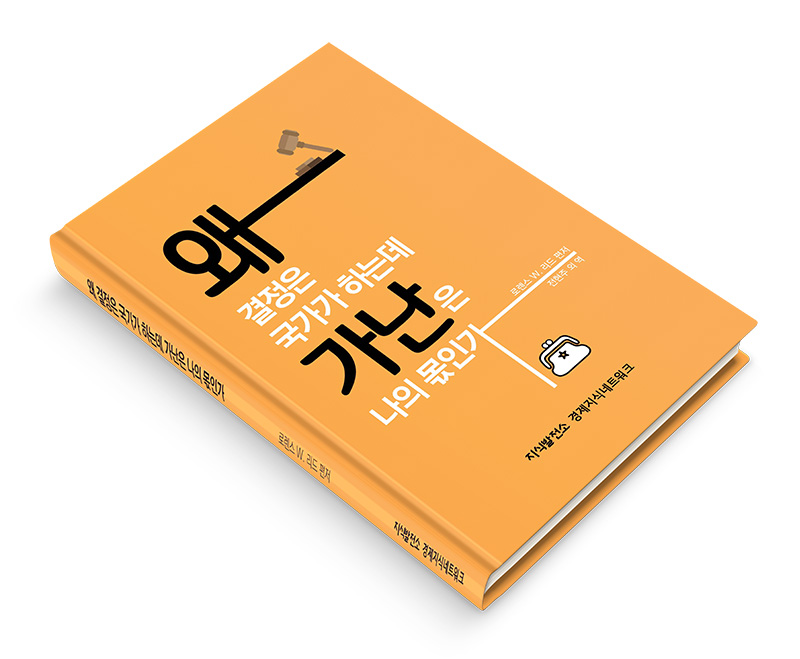
Free to Choose
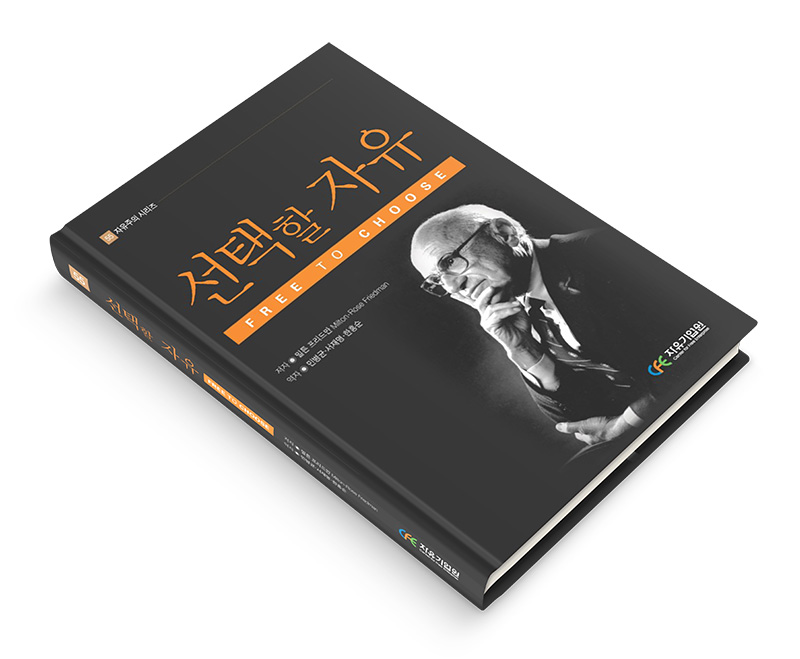
The Law
